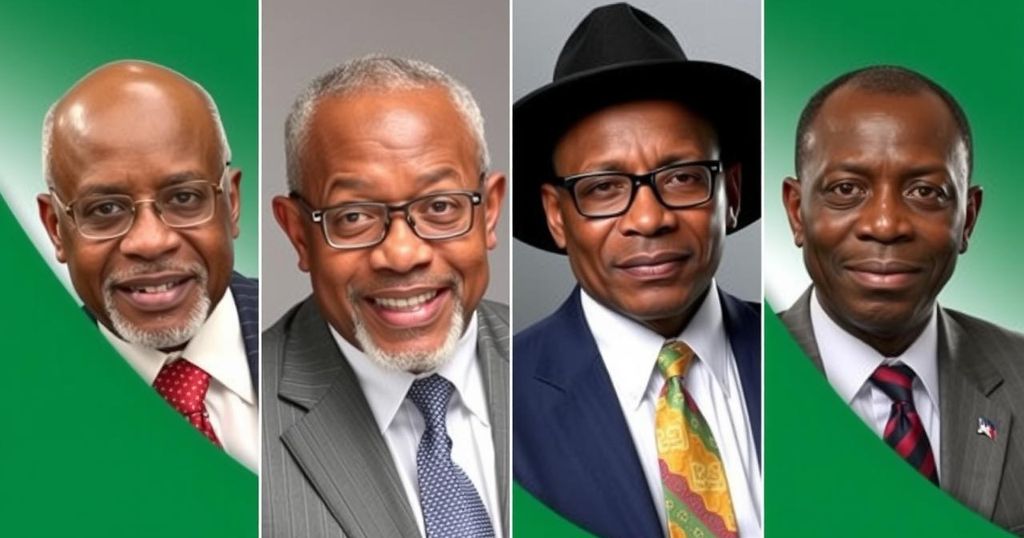South Sudan Leadership Shake-Up: President Kiir Fires Key Officials

South Sudan’s President Salva Kiir has dismissed key military and police leaders, including the central bank governor, amid signs of unrest within the army due to unpaid wages. Appointees include Paul Nang Majok as chief of defence forces, and Johnny Ohisa Damian as central bank governor. This restructuring highlights ongoing instability in governance, particularly in security and financial management, after years of conflict.
President Salva Kiir of South Sudan has executed a significant reshuffle within the nation’s leadership, dismissing the military chief, the police chief, and the central bank governor, as reported by the state-owned South Sudan Broadcasting Corporation (SSBC). No specific reasons were provided for these terminations; however, some military insiders suggest that dissatisfaction regarding unpaid soldiers may have played a role. Kiir appointed Paul Nang Majok as the new chief of defence forces, replacing General Santino Wol. Additionally, James Alic Garang was removed from the central bank, with Johnny Ohisa Damian reinstated. Abraham Peter Manyuat has taken over as the Inspector General of Police from Atem Marol Biar. This abrupt leadership change follows a series of previous dismissals and reflects the ongoing instability within the nation’s governance, particularly in financial and security sectors.
The political landscape in South Sudan has been tumultuous since the civil war broke out in 2013, resulting in widespread displacement and a severely impacted economy. While a peace agreement in 2018 formally ended the conflict, the country continues to experience sporadic violence between various communities. President Kiir’s administration has frequently seen leadership changes, particularly within the military and financial institutions, indicating challenges in governance. The latest dismissals underscore the fragile state of peace and stability in South Sudan, as well as discontent within the army ranks regarding wages.
In conclusion, the recent dismissals by President Salva Kiir highlight the precariousness of leadership in South Sudan amidst ongoing economic and security challenges. The appointment of new officials in key positions may signal an attempt to stabilize the government; however, underlying issues such as soldier discontent and a struggling economy persist. South Sudan’s future remains uncertain, with the postponed national elections reflecting the complexities of achieving lasting peace.
Original Source: www.arabnews.com








